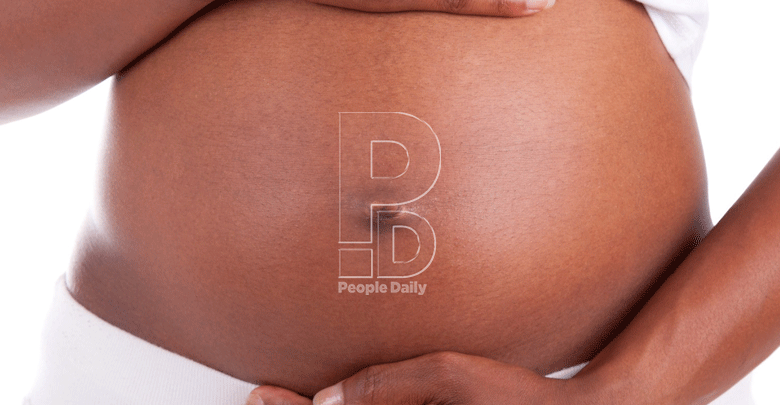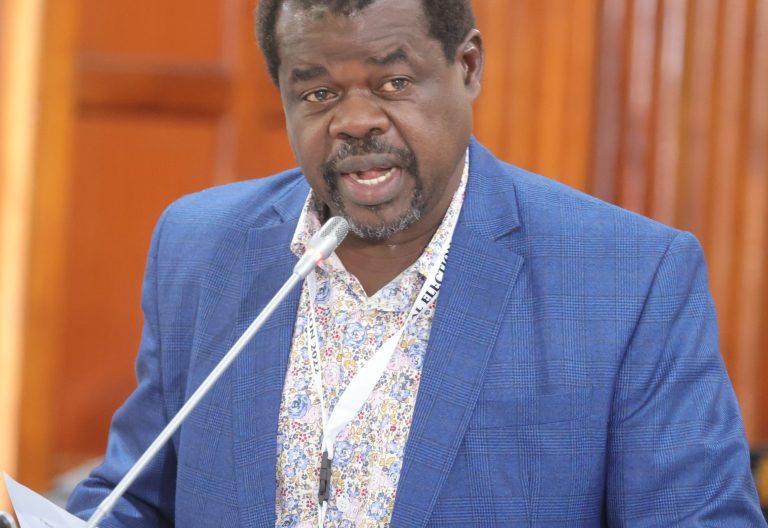Lawmakers propose tough rules for surrogate mothers

Women who agree to carry a pregnancy for another woman, popularly known as surrogate mothers, must be at least 25 -years -old and must have given birth to at least one child before entering the agreement.
Also, a surrogate mother who consents to carrying a child on behalf of interested parties to a marriage or couple shall not terminate the pregnancy or have any rights over the child once born.
She shall also be barred from contacting the couple after the birth of the baby as she would have relinquished all parental rights over the child at birth.
These are some of the far-reaching amendments to the Assisted Reproductive Technology Bill 2019 currently in the National Assembly.
The amendments stipulate that couples intending to get a child through the method compensate the surrogate mother for the process of In Vitro Fertilisation (IVF), insurance cover in case of any acts that may lead to death or disability, antenatal care, birth, post-natal care and post delivery care incase of complications.
Performing the procedure
The amendments have been sponsored by the National Assembly’s Health committee chaired by Murang’a County Woman Rep Sabina Chege.
The Bill, which is sponsored by Suba MP Millie Odhiambo-Mabona, was introduced in the National Assembly in March 2019.
“A woman of 25 years or more, who has given birth to at least one child and who understands the rights and obligations accruing under surrogate agreement, may at the request of the couple consent to a process of assisted reproduction for purposes of surrogate motherhood,” reads a proposed amendment to the Bill.
Debate on the Bill is expected to start once MPs who are on recess resume sittings on Tuesday next week.
A similar Bill, known as the Reproductive Healthcare Bill, 2019, sponsored by Nakuru Senator Susan Kihika, is also currently being debated in the Senate.
The Senate Bill, which advocates for “legal and accessible safe abortion”, adolescent-friendly “family planning” services, surrogacy, test-tube babies and even comprehensive sexuality education for children, has been opposed by the Ministry of Health, the Church and Non- Governmental Organisations (NGOs).
Sabina’s committee has proposed that an assisted reproductive technology expert licensed by the Assisted Reproductive Technology Directorate, not an ordinary medical doctor, should be the one to perform the procedure.
The proposed directorate will have powers to develop standards, regulations and guidelines on assisted reproductive technology.
It will also have powers to advise the Health Cabinet Secretary on matters relating to the treatment and care of persons undergoing assisted reproductive technology.
Legislators proposed that fines not exceeding Sh5 million, imprisonment for a term not exceeding five years, or both, be imposed not only on those who commercialise the procedures but those who perform the surgery without seeking consent of the parties involved.
The MPs, however, raised concern that the Bill lacks sufficient provisions to deal with pertinent issues arising from the procedure such as provision of commercial surrogacy and compensation mechanisms to ensure the service is not exploitative.
In case of the death or incapacity of any of the parties, the amendments state that the assisted reproductive technology clinics and assisted technology banks should not preserve any human embryos without specific instructions and consent in writing from all the parties seeking the said services.
“An assisted reproductive technology expert shall obtain prior informed and written consent from the parties before providing any assisted reproductive technology service under this Act or any other law,” states the amendment.
The amendments propose that the commissioning couple will be the legal parents of the child born under the surrogacy agreement and will not discriminate against him or her.
In case of multiple pregnancies arising out of a surrogacy agreement, the MPs were categorical that all the children born out of the pregnancy shall belong to the commissioning parents and the rights and obligations for all parties shall vest as if the pregnancy had borne only one child.
But the commissioning parents shall not in any way terminate the consent agreement after the transfer of embryos into the womb of the surrogate mother, the amendments propose.
Legal rights
The committee, however, says there is need to amend Section 11 of the Births and Death Registration Act to be aligned to the Bill to allow registration of children born of assisted reproduction by the commissioning parents, as, currently, registration can only be undertaken with the surrogate mother, a move that has posed great challenges as the biological parents have to undertake a legal adoption process to be registered as parents.
“A child born out of assisted reproductive rights shall have the same legal rights under the Constitution or any other written law as that of a child born through sexual intercourse.
The health and well-being of the children born through the application of assisted human reproductive technologies shall be given priority in all decisions,” reads the amendment.
For a surrogacy agreement to be valid, the MPs proposed that it must be in writing and should include provision for the contact, care and general welfare of the child.
It should also be signed by two witnesses from each of the parents as well as state what happens in case of death or divorce of the parents.










